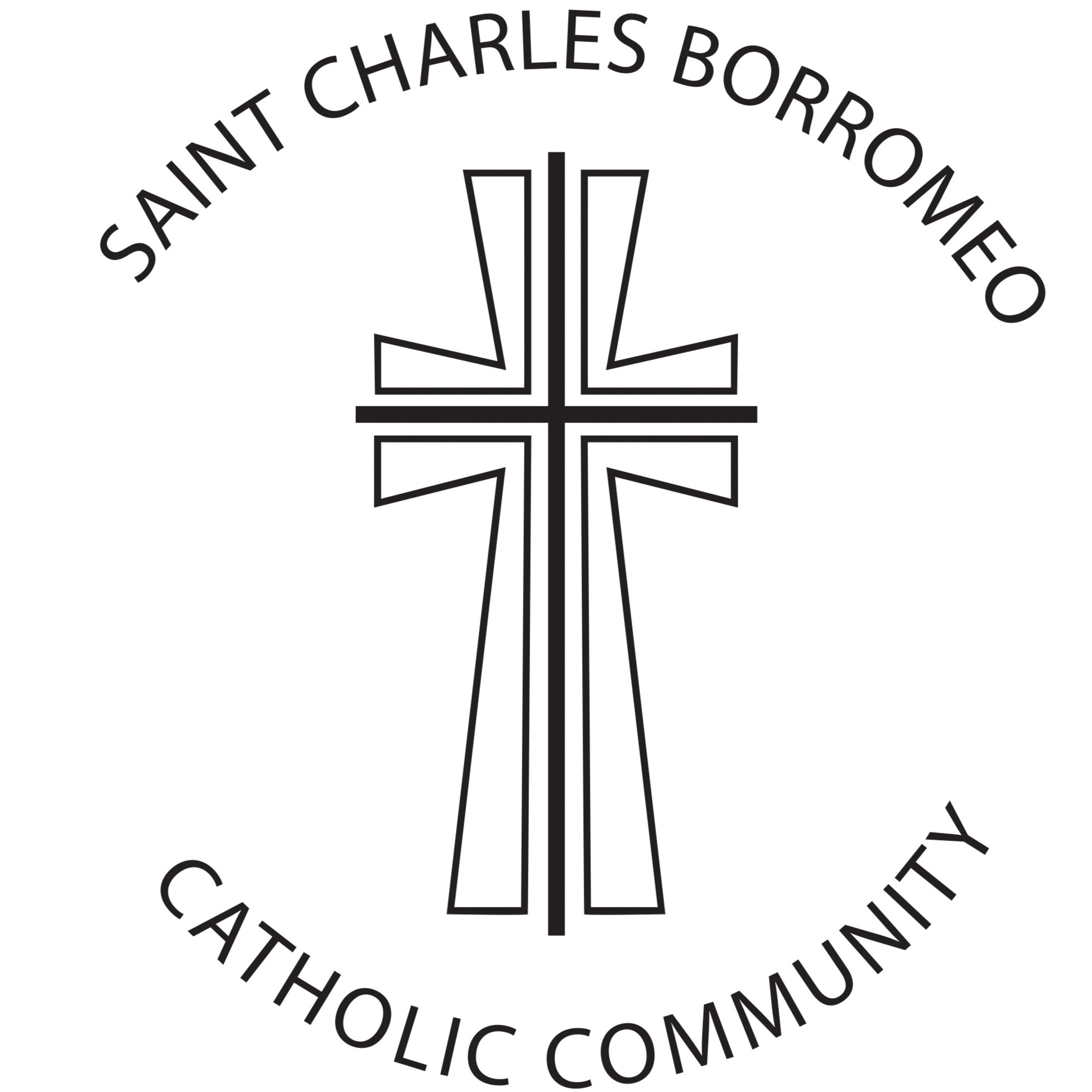Kenya Project: Suba Children’s Orphanage
What are we doing?
Members of St. Charles Borromeo are coming together to help renovate and improve the Suba Children’s Orphanage in Kenya. At the Easter 2019 mass celebration, parishioners were given envelopes filled with cash as seed money and encouraged to use their own creativity, ingenuity, and cleverness to multiply and asked to return it to the parish on the weekend of Pentecost, Saturday and Sunday, June 8 and 9, 2019.
What is the duration of the fundraising project?
Sunday, April 20 through to weekend of Pentecost, Saturday and Sunday, June 8 and 9, 2019
Who does the orphanage help?
The home targets all vulnerable orphaned children, but priority is given orphans who have lost both parents to the HIV/AIDS pandemic. The home admits children at the age bracket of between 1-18yrs.
What does the orphanage need?
Water
The orphanage has no permanent water system. It relies on guttered roof water collected during rainy seasons. This has been the worst problem and has lasted for the last twelve years since the orphanage was started. The orphanage is trying to find a solution for it but have not succeeded. The only solution that will sort out this water problem is sinking a water bore-hole.
Renovation
Most buildings in the orphanage need renovation: the hall, kitchen, dormitories, and bathrooms. The home also needs new beds, closets, and bedding.
New Buildings
The home needs a smaller kitchen, dining, laundry house and cloth lines. The home also needs two dormitories for the school sectionPerimeter Wall
For the security of the children, especially in their dorm, there is need for a perimeter wall to separate the orphanage from the school. But this will be necessary once the classrooms are renovated and the school opened.
More Background Information from the Passionate Missionaries of Kenya
The Suba Children’s Orphanage was started in November 2002. A committee was formed to start the orphanage. The committee recruited 380 children who met the criteria of selection. The orphanage started officially on the 1st. December 2002 with the first 26 children. A small room was rented at the Bondo-Nyironge center and used for two years. The 380 could not be admitted all due to lack of facilities. The aims of the orphanage were prioritized as follows:
Education
The orphanage buildings
Feeding Program
The ex-sister who started it was a student at the Netherlands, she got help from Stichting Netherlands, to put up the existing buildings.
Since the home started it has touched the lives of over 59 youngsters. 20 girls and 30 boys have so far completed their secondary education. The home has also supported challenged children: Three of our deaf children are learning at Kuja School for the Deaf, 1 boy in F4, while one girl is in Kuja Secondary and the other in primary section. Unfortunately, the home has not been able to support all the 380 needy children.
HIV/AIDS prevalence in Migori County
In the Bondo-Nyironge village alone (where the orphanage is located) most children have lost their parents to HIV/AIDS pandemic. Migori County has a high level of infection and HIV prevalence of 96%. There is an explosion of HIV related deaths robbing the community of workers and children parents. When the pandemic comes beckoning in a family, it impoverishes it completely. During the period when the parents are still ill, all the money and wealth, which had been accrued, is spent on medication. Even before the two parents are all gone the children start living in pathetic conditions because the sick parents are not able to carter for them.
After death of parents, the children who are normally very young are not able to get education requirements which include fees, uniforms and stationery on their own without support.
In the cause of time when the parents are ill it turns out that the children have the responsibility of caring for their sick parents. In these cases, the children also face chances of contamination with blood from the ill parents resulting in them also getting infections. Some of the children were born already infected. Lack of food is a major problem even before the parents are dead.
Many families in Luoland live in grass-thatched huts, which are renovated yearly. By the time the parents are sick, the huts wear out as no renovation goes on. Soon after parental deaths the children have no proper shelter; health facilities; education activities; and social amenities required for growth.
THE DREAMS OF THE ORPHANAGE
Besides the home providing food, clothing, shelter, medication, education, counseling, recreation and sports for the children, it is also meant to provide education (primary, secondary and university), technical training and special education to physically challenged children.
Education:
In Nyanza Province the only better source of income is proper education.
We shall try to improve education system in such a way that all children who come under our care will at least have some sort of education for future preparation. We therefore want to embark on:Basic Education:
Our ECD and Primary School kids go to Senior Chief Baraza Odenge and Bondo-Nyironge Primary Schools. These are nearby schools with guaranteed education.Technical Education:
There are three classrooms for these courses; carpentry workshop, hairdressing & computer training. The biggest problem that has delayed the start of these programs is the lack of equipment and qualified personnel.Higher education:
The Orphanage shall continue with higher education by asking for education loans from the government and bursaries from different institutions.Special education:
the home will undertake to send the challenged children to different institutions for their education and subsequent training.
Read more about the unique fundraising program at St. Charles:
Enlisting Agents of Resurrection at St. Charles Borromeo (Catholic Voice article)
St. Charles Parish Raises $140,000 for Kenya Orphanage (June 24, 2019 Catholic Voice article)
